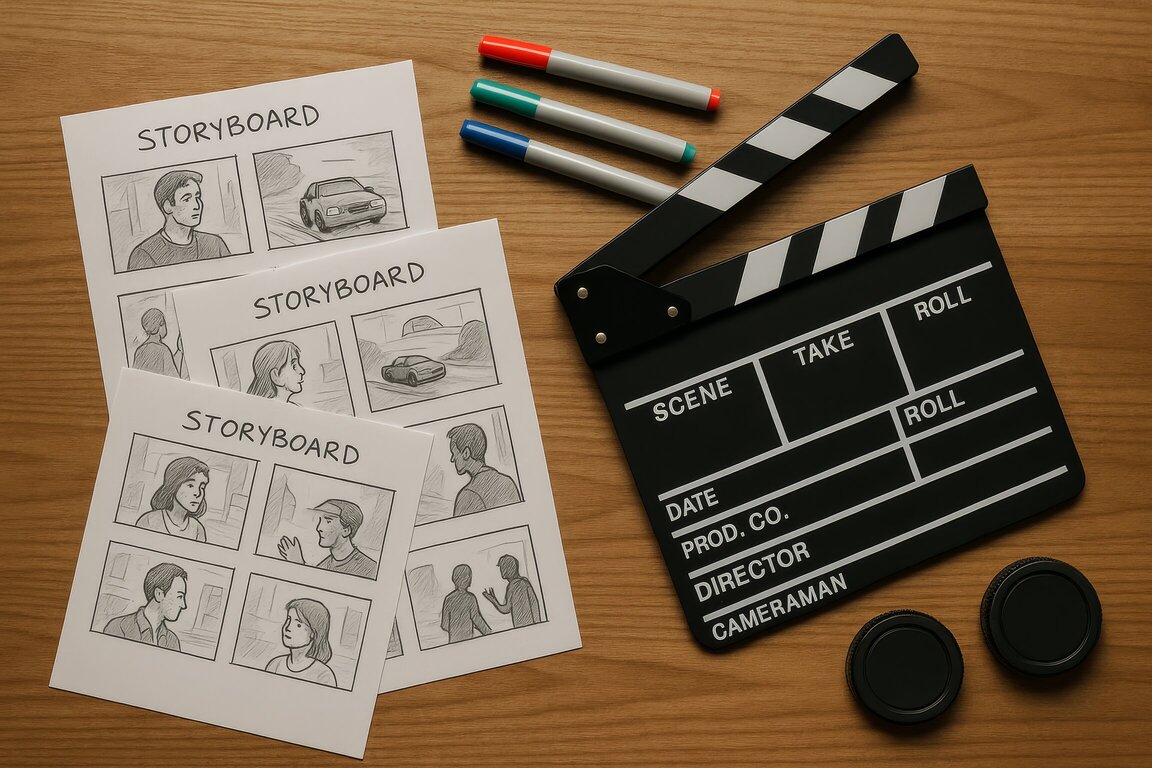Publication of the Month - July 2025

Challenging Stigma through Story: How a Film Co-Created by People with Dementia Shifted Perceptions
Dr Ian Davies-Abbott and colleagues recently published an article in the Journal of Health Equity. This study explored how people talk about dementia and whether a short film, co-created by people living with dementia using a method called Appreciative Inquiry, could help change the conversation.

Appreciative Inquiry (AI) focuses on strengths rather than problems. Usually used in organisations, the team adapted it for a small group of younger people living with dementia. Over the course of a single day, they took part in the four AI stages:
- Discovering past strengths
- Dreaming of a better future
- Designing what change could look like, and
- Delivering a message—in this case, a short film.
The group chose to complete the filming on the same day as the earlier stages, feeling that waiting might make things harder due to memory challenges. They also didn’t want to delay because they were enjoying the process.
One participant initially found it difficult to identify positive experiences after diagnosis. By reworking the questions to explore life before the diagnosis, they were able to share meaningful reflections, particularly around the theme of Respect. Participants spoke about being valued not simply for who they are but for what they’ve accomplished in work and life.
Once the film was completed, it was shown to three different groups: lay people, family members or caregivers, and healthcare workers. Each group discussed fictional case studies before and after watching the film. Their language was analysed using a visual positioning framework, which helped track shifts in how they spoke about people with dementia across four themes: Belonging, Able, Supported, and Dementia Unseen.
The lay people group showed the most significant positive change, especially in the Belonging theme. Before the film, they sometimes saw people with dementia as refusing help or bringing difficulties on themselves. Afterwards, they respected the choices people made to support each other.
They also recognised strengths in the Able theme, viewing people with dementia as capable and active. Before watching the film, they were more protective and assumed people needed to be ‘looked after’. Afterwards, they accepted personal choice.
In contrast, the healthcare workers group showed minimal change. And family members/caregivers mostly adopted positive positions in the Supported theme but were less positive in Dementia Unseen. This could reflect emotional strain or long-standing beliefs. As the study notes, negative positioning isn't necessarily malicious—it can come from deeply embedded assumptions.
While the team did not rule out social desirability bias (people saying what they think they should), the use of real-world groups helped uncover honest, long-held beliefs. The small sample size limits generalisability, but the findings suggest this positive, co-creative approach can produce fresh insights.
One important limitation: the participants with dementia chose not to have their film shared beyond the study. While there’s a growing push to highlight creative work by people with dementia, their right to anonymity must come first.
Future studies could involve more participants and include healthcare leaders, as well as explore how long any changes last. What’s clear is that anti-stigma efforts need to be tailored. People's existing experiences with dementia—personal or professional—shape how they see and talk about it.
This study showed that giving people with dementia a platform to share their vision can create space for others to rethink their assumptions—and see the person beyond the diagnosis.
Read the full article: Using Appreciative Inquiry to challenge stigmatising language about people living with dementia